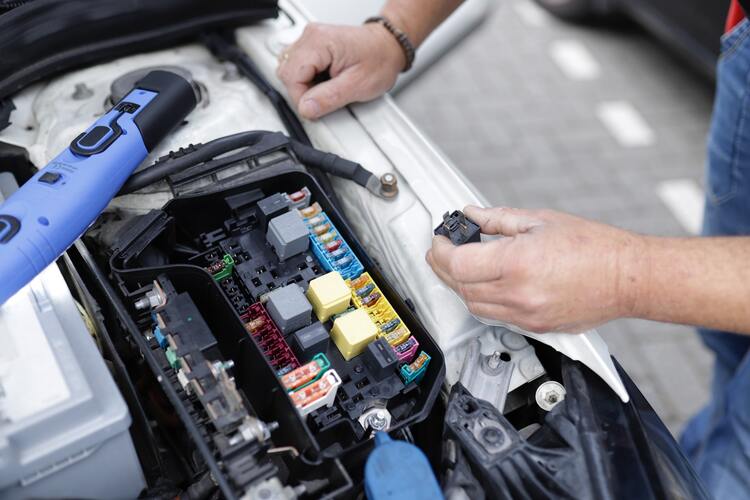The Future of VIN Decoding: Enabling a Safer, More Efficient Automotive Industry
Vehicle Identification Numbers (VINs) are unique codes assigned to every vehicle that is manufactured, which are used to identify and track vehicles throughout their lifetime.
VIN decoding plays a vital role in the automotive industry, as it allows for the identification of specific vehicle details such as the make, model, year, and manufacturing plant, which can be used for a variety of purposes such as safety recalls, theft prevention, and vehicle history reports.
All this information can be found on the EpicVIN website. With the automotive industry rapidly evolving, the future of VIN decoding is becoming increasingly important, and its potential impact on the industry cannot be ignored.
The current state of VIN decoding
Today, VIN decoding is typically performed using a combination of manual and automated processes. When a vehicle is manufactured, it is assigned a VIN code, which is then entered into a centralized database.
This database can be accessed by manufacturers, dealers, and other stakeholders to obtain information about specific vehicles.
However, the industry faces several challenges, such as the increasing complexity of vehicle features, variations across manufacturers, and the need for accurate and up-to-date data. As vehicle technology continues to advance, these challenges are likely to become even more pronounced.
Emerging trends and technologies in VIN decoding
To address the challenges faced by VIN decoding, several emerging technologies and trends are being developed. One such trend is the use of artificial intelligence (AI) and machine learning (ML) algorithms to automate the decoding process.
These algorithms can quickly and accurately identify specific vehicle details, even in cases where the data is incomplete or inaccurate. Additionally, big data analytics can be used to identify patterns and trends in the data, which can be used to improve the accuracy and efficiency of VIN decoding.
Another emerging trend is the development of decentralized databases, which allow for the storage and sharing of VIN data across multiple stakeholders. This can help to ensure that the data is accurate and up-to-date, and can also help to prevent fraud and other forms of data manipulation.
Potential impact on the automotive industry
The future of VIN decoding has the potential to significantly impact the automotive industry. For example, improved VIN decoding can help to enhance vehicle safety by enabling more accurate and timely recalls, and can also help to prevent vehicle theft by making it easier to track stolen vehicles.
Additionally, improved VIN decoding can help to streamline the vehicle registration process, reduce fraud, and improve compliance with regulatory requirements. However, there are also potential drawbacks to the future of VIN decoding, such as increased costs for manufacturers and dealers, and the need for new skills and expertise in the workforce.
Additionally, concerns over data privacy and security may need to be addressed to ensure that the benefits of VIN decoding are fully realized.
Future directions and challenges
To ensure the continued development and adoption of VIN decoding technologies, several key challenges will need to be addressed. For example, there is a need for greater standardization across different markets and regions to ensure that the data is accurate and consistent. Additionally, regulatory barriers and data privacy concerns may need to be addressed to ensure that the data is used ethically and responsibly.
Conclusion
In conclusion, the future of VIN decoding is rapidly evolving, and its potential impact on the automotive industry is significant. While there are challenges to be overcome, the development of new technologies and trends is paving the way for more accurate, efficient, and secure VIN decoding.
As the automotive industry continues to evolve, the importance of VIN decoding cannot be ignored, and stakeholders must work together to ensure that its full potential is realized.

